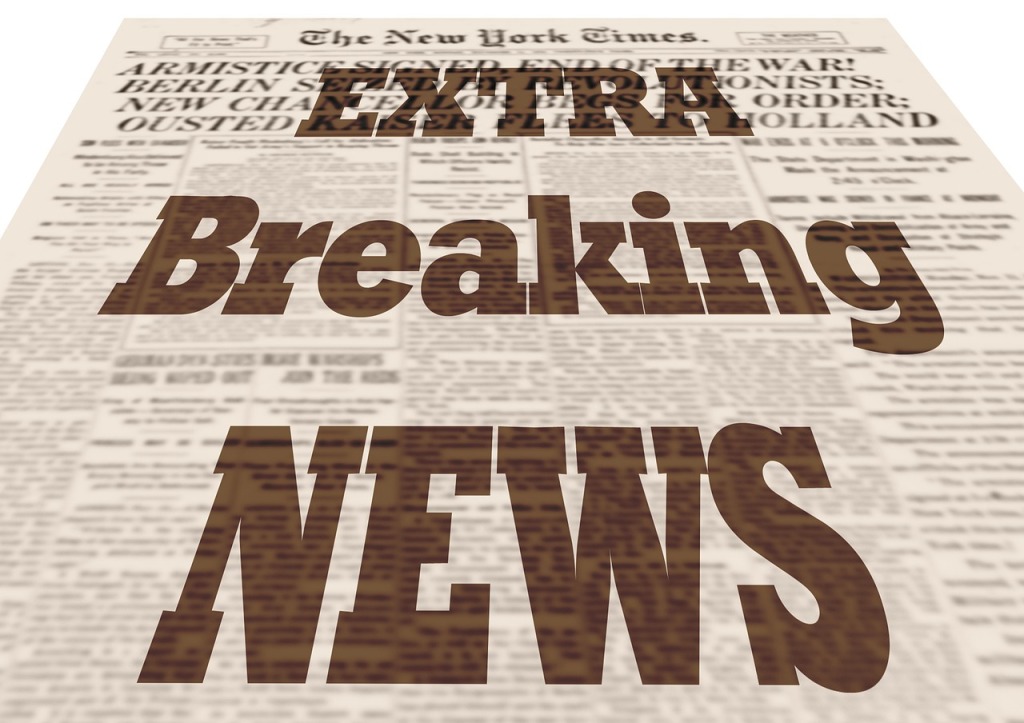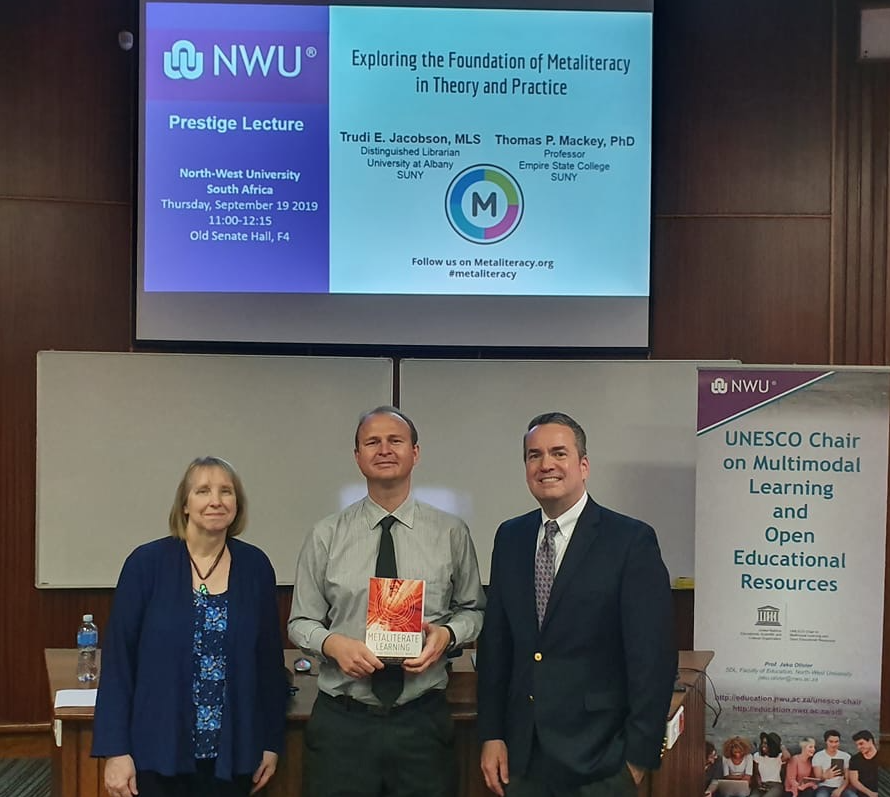Since the launch of our two Coursera MOOCs, Metaliteracy: Empowering Yourself in a Connected World in 2016, and Empowering Yourself in a Post-Truth World in 2019, we have reached learners from around the world. So far, the first MOOC has enrolled 4,870 learners and the second has had 3,549 total learners worldwide. At times, we have been lucky enough to hear directly from the participants who successfully completed one or both of the MOOCs. Recently, Dr. Haleema Anwar from CMH Lahore Medical College and Institute of Dentistry in Lahore, Pakistan contacted us about her experience with the Coursera MOOC Empowering Yourself in a Post-Truth World. According to Haleema:
I am a final-year medical student, a researcher, and an author. I discovered the MOOC while going through the recommendation of courses for me on my app. This was a topic I wanted insight into.
I learned that there is a diverse variety of roles that a person can take to create a community of trust in a Post truth world- leading to prosperity.
Thank you!
Haleema Anwar
As part of the MOOC experience, participants apply the “learner as producer” role of metaliteracy to create a final digital media project. We share with permission, Haleema’s final project for the MOOC entitled “Metaliteracy in Action”:
Haleema describes this project in the following way:
This mind map is to walk us through the idea of meta-literacy and its practical implication.
The credit for the content is directed to a course by SUNY “Empowering yourself in a post-truth world”, a course I found on Coursera.
A central theme I learned is- “meta literacy is an integrated model for us to be a lifelong learner and to create a truthful community”
-Haleema Anwar
Thanks to Haleema for sharing such valuable insights about metaliteracy after completing our Coursera MOOC.
We always welcome this kind of feedback about our open metaliteracy projects! If you complete one of our MOOCs or any of our Metaliteracy Learning Resources, feel free to drop us a line and let us know if you would like to share your work via our blog.
To explore an analysis of the Post-Truth MOOC and how it was designed, read Embedding Metaliteracy in the Design of a Post-Truth MOOC: Building Communities of Trust (Mackey, 2020) in Communications in Information Literacy.
Best,
Tom and Trudi






